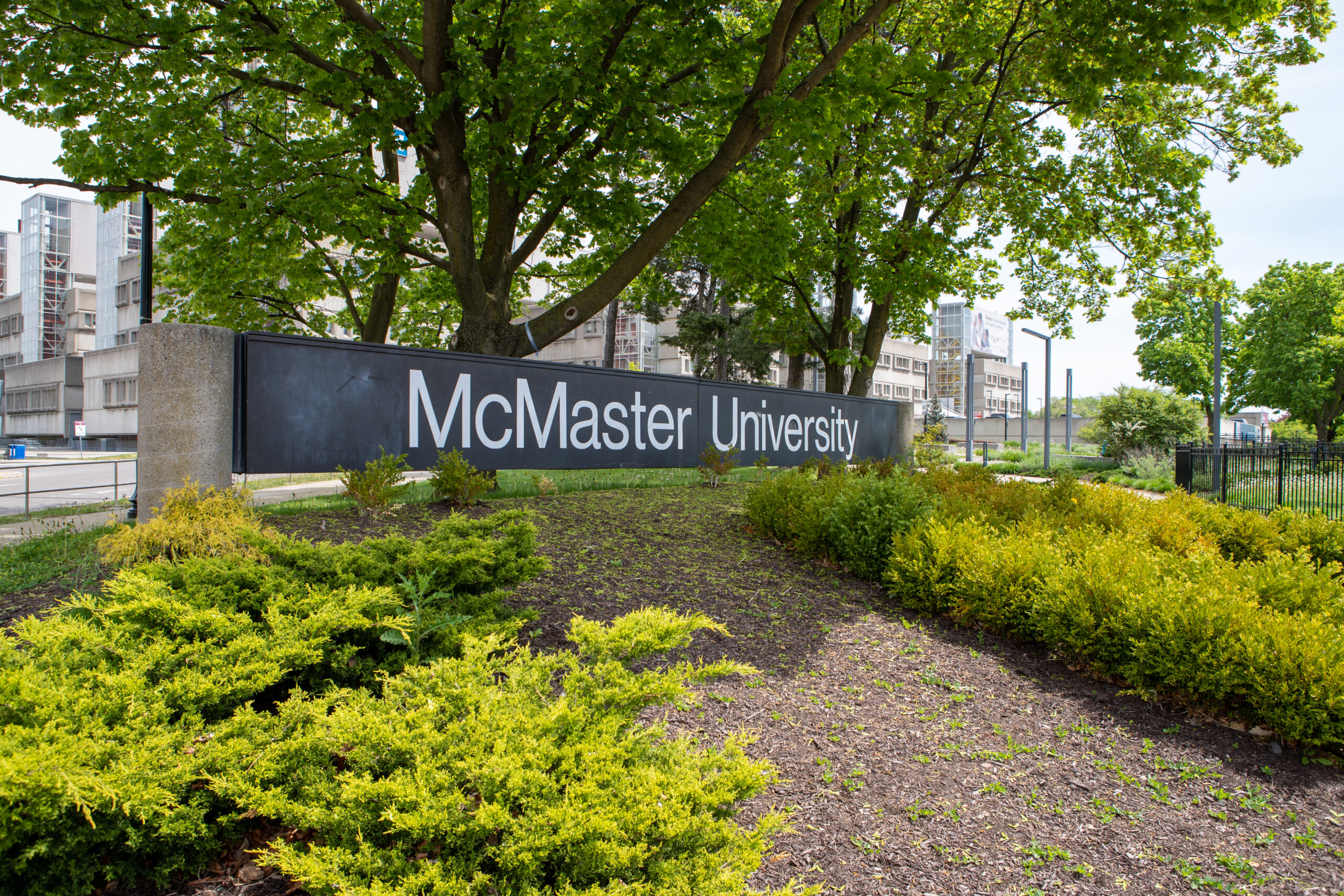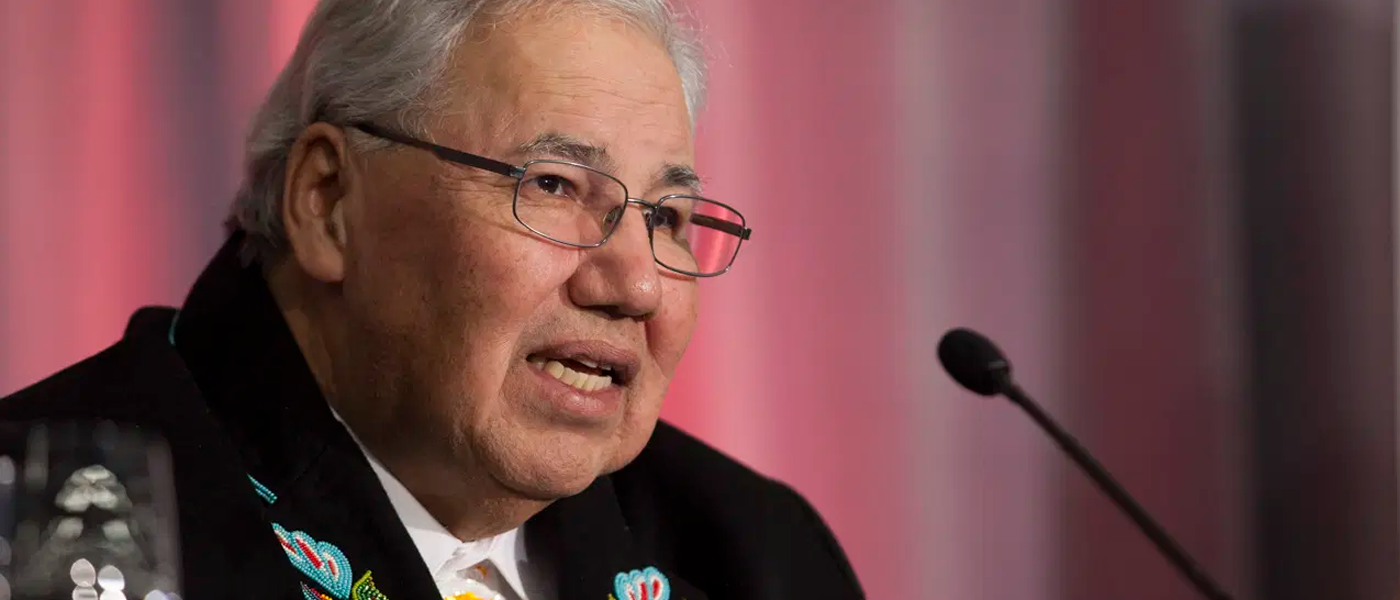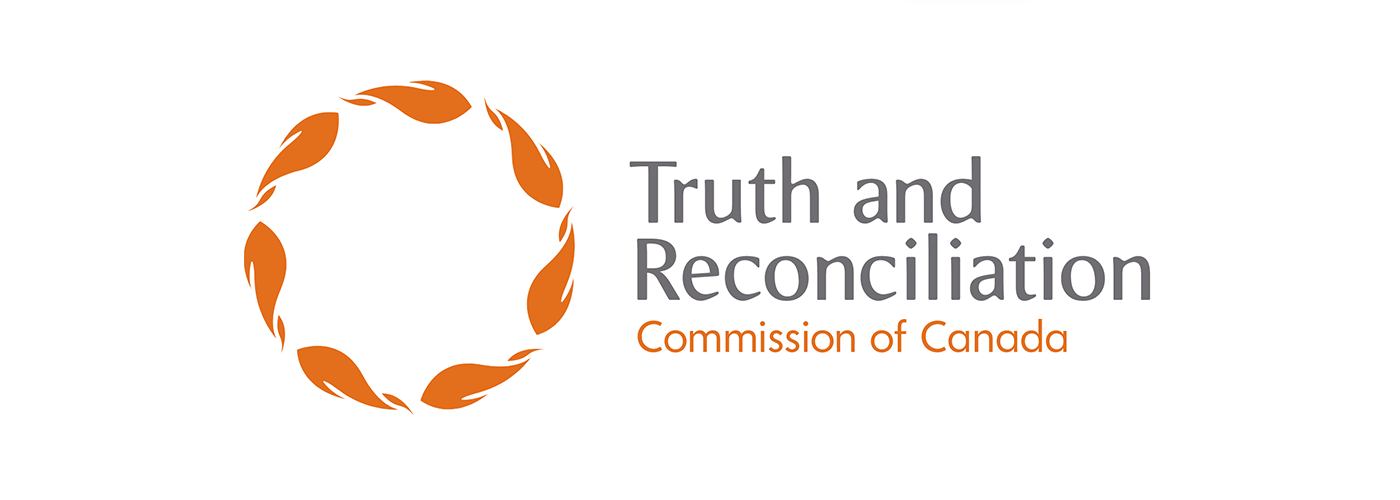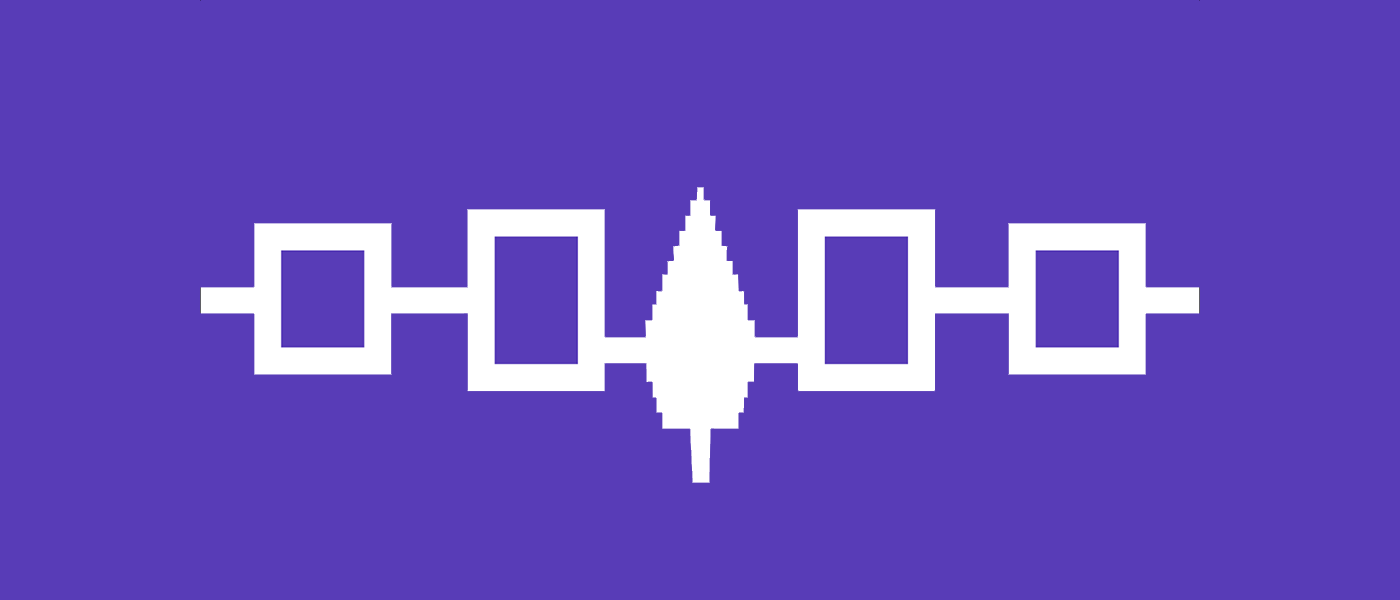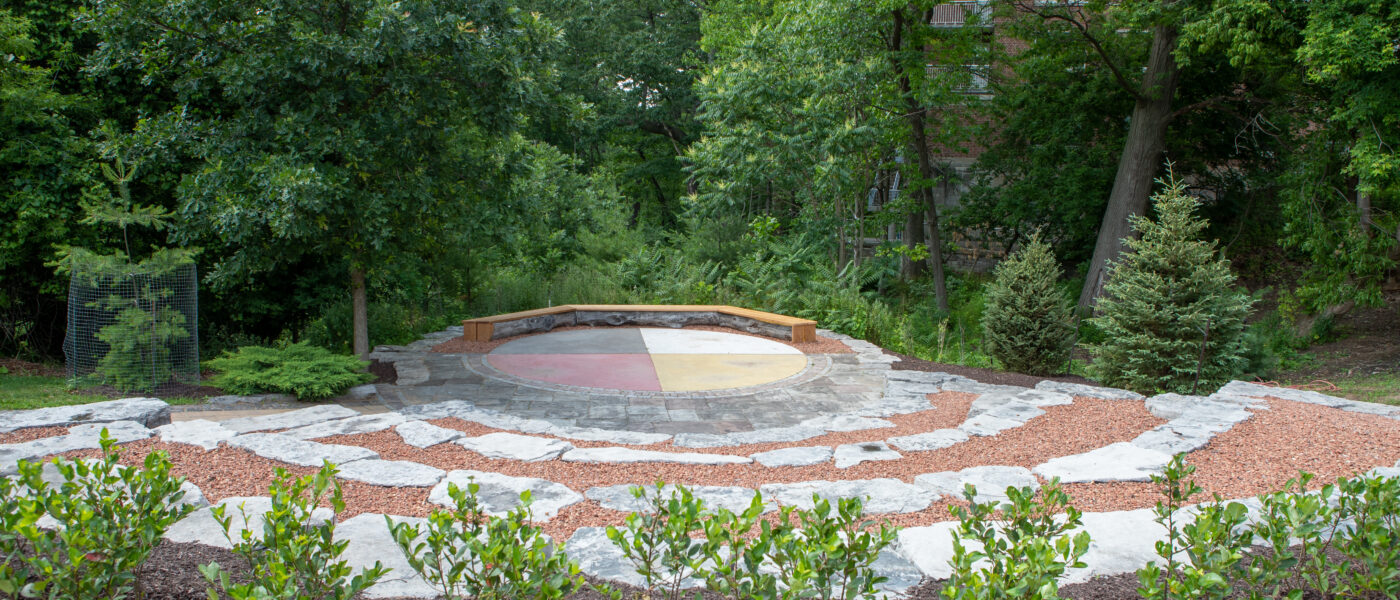Indigenous Health
We are committed to supporting our Indigenous learners and improving the health of Indigenous peoples or our community and Canada
In the McMaster UGME program, we are committed to supporting our Indigenous learners and confronting issues faced by Indigenous people in the healthcare system and in our institution.
What we’re doing at McMaster
In response to the Calls to Action 23 and 24 of the Truth and Reconciliation Commission (2015), the UGME continues to strive towards increasing the number of Indigenous students enrolled, supported by an environment of cultural humility, facilitated by a curriculum focused on Indigenous Health, delivered by Indigenous Faculty and Traditional Medicine Practitioners
On Our Social Media
National Day for Truth and Reconciliation 2022
View this post on Instagram
National Day for Truth and Reconciliation 2022
View this post on Instagram
National Indigenous Peoples Day - 2022
View this post on Instagram
Truth and Reconciliation Commission calls to action
In order to redress the legacy of residential schools and advance the process of Canadian reconciliation, the Truth and Reconciliation Commission makes the following calls to action.
Expandable List
We call upon all levels of government to:
- Increase the number of Aboriginal professionals working in the health-care field.
- Ensure the retention of Aboriginal health-care providers in Aboriginal communities.
- Provide cultural competency training for all healthcare professionals
We call upon medical and nursing schools in Canada to require all students to take a course dealing with Aboriginal health issues, including the history and legacy of residential schools, the United Nations Declaration on the Rights of Indigenous Peoples, Treaties and Aboriginal rights, and Indigenous teachings and practices. This will require skills-based training in intercultural competency, conflict resolution, human rights, and anti-racism.
Justice Murray Sinclair
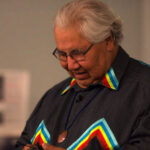 The Honourable Justice Murray Sinclair, Chair of the Truth and Reconciliation Commission, points to education as the key to reconciliation, stating,
The Honourable Justice Murray Sinclair, Chair of the Truth and Reconciliation Commission, points to education as the key to reconciliation, stating,
“Education got us into this mess and education will get us out of it.”
Indigenous Health Learning Lodge
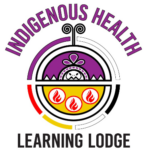
The Indigenous Health Learning Lodge (IHLL) works alongside the Faculty of Health Sciences towards creating a learning environment that is culturally safe – working with humility to enable sustainable systems change and to advance the work around concepts of truth, reconciliation, and anti-colonization embracing all aspects of Indigenous health and well-being.
For more information on the Indigenous Health Learning Lodge, visit the Indigenous Health Learning Lodge website.
Indigenous Health Reading and Clinical Electives
Working in hospital and community settings with Indigenous patients and practitioners, students are provided the opportunity to develop and advance communication and cultural awareness of the healthcare needs of Indigenous patients, their families, and communities. The Indigenous Health Reading Elective, a 1-week preparatory cultural learning, and Indigenous Health Education is required prior to any current or visiting UME student wishing to participate in clinical electives working with the Indigenous population.
Contact
Students with any questions about Indigenous Health, please contact Dr. Patricia Farrugia, Chair of Indigenous Health.
Land acknowledgment
We take this time to recognize that the traditional territories upon which we gather are currently on the traditional territory shared between the Haudenosaunee confederacy and the Anishinabe nations, which was acknowledged in the Dish with One Spoon Wampum belt. That wampum uses the symbolism of a dish to represent the territory, and one spoon to represent that the people are to share the resources of the land and only take what they need.
